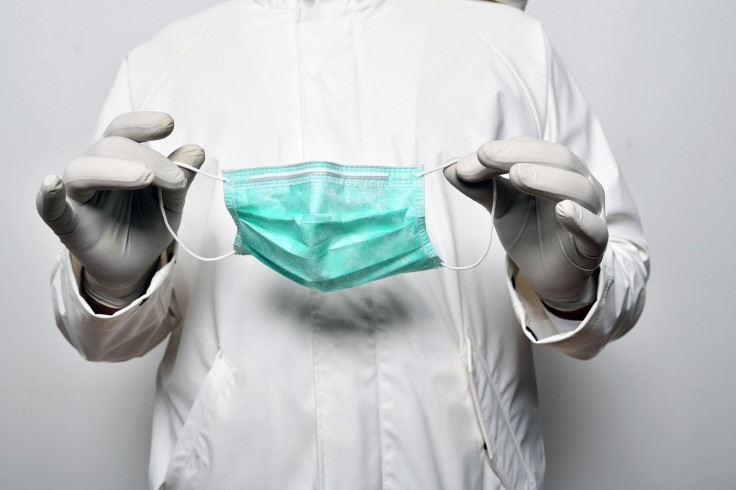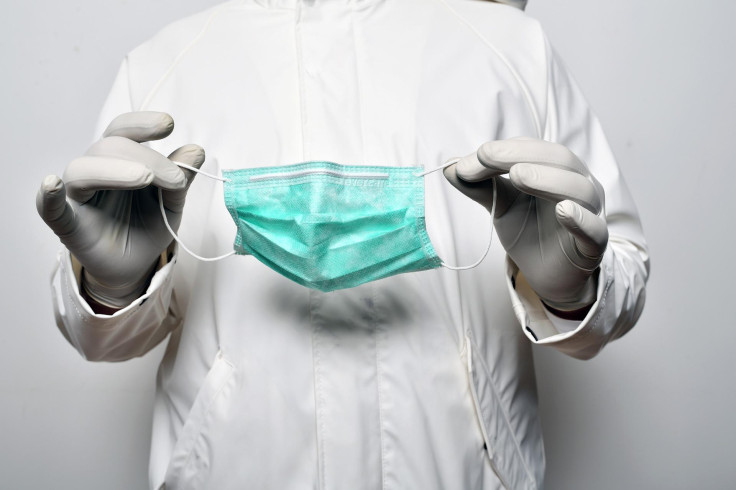Study Suggests Some People Still Contagious 2 Months After Contracting COVID-19

Even after a 10-day quarantine period, a person that has contracted COVID-19 may still be contagious for more than two months after they have contracted the virus, according to a recent study.
Researchers at the U.K.-based University of Exeter have discovered that some people that have contracted COVID-19 are still likely to be infectious for months after they have contracted the virus.
Researchers have determined from their study, which was published in the Journal of Infectious Diseases, found that 13% of patients are still infectious for months after they have contracted the virus and exhibit “clinically-relevant levels” of COVID-19 even after they have quarantined the recommended 10 days.
While some individuals can carry the virus for up to 68 days, there are no specific indicating factors that determine who is infectious longer and has higher levels of the virus, suggesting that it could happen to virtually anyone.
To determine the results of the study, researchers tested 176 people who were positive for COVID-19 with a newly adapted COVID PCR test to determine if the virus was still active in their system.
The new PCR test works by providing a positive result only when the virus is active and potentially capable of transmission to another person, unlike a conventional PCR test which can only tell if a person has the virus, researchers said.
Lorna Harries, a professor at the University of Exeter Medical School and co-author of the study, said in a statement, “While this is a relatively small study, our results suggest that potentially active virus may sometimes persist beyond a 10-day period, and could pose a potential risk of onward transmission.
“Furthermore, there was nothing clinically remarkable about these people, which means we wouldn't be able to predict who they are,” she added.
The researchers said they are looking to expand their study for a better understanding of how many people are exactly long carriers of the virus but warned that people should be cautious around those that have been recently infected with COVID-19.
Lead author of the study, Dr. Merlin Davies, said, “In some settings, such as people returning to care homes after illness, people continuing to be infectious after ten days could pose a serious public health risk. We may need to ensure people in those setting have a negative active virus test to ensure people are no longer infectious. We now want to conduct larger trials to investigate this further.”
The study was conducted in partnership with the Royal Devon & Exeter NHS Foundation Trust and the NIHR Exeter Clinical Research Facility and funded by the Animal Free Research UK.

Photo: Pixabay






